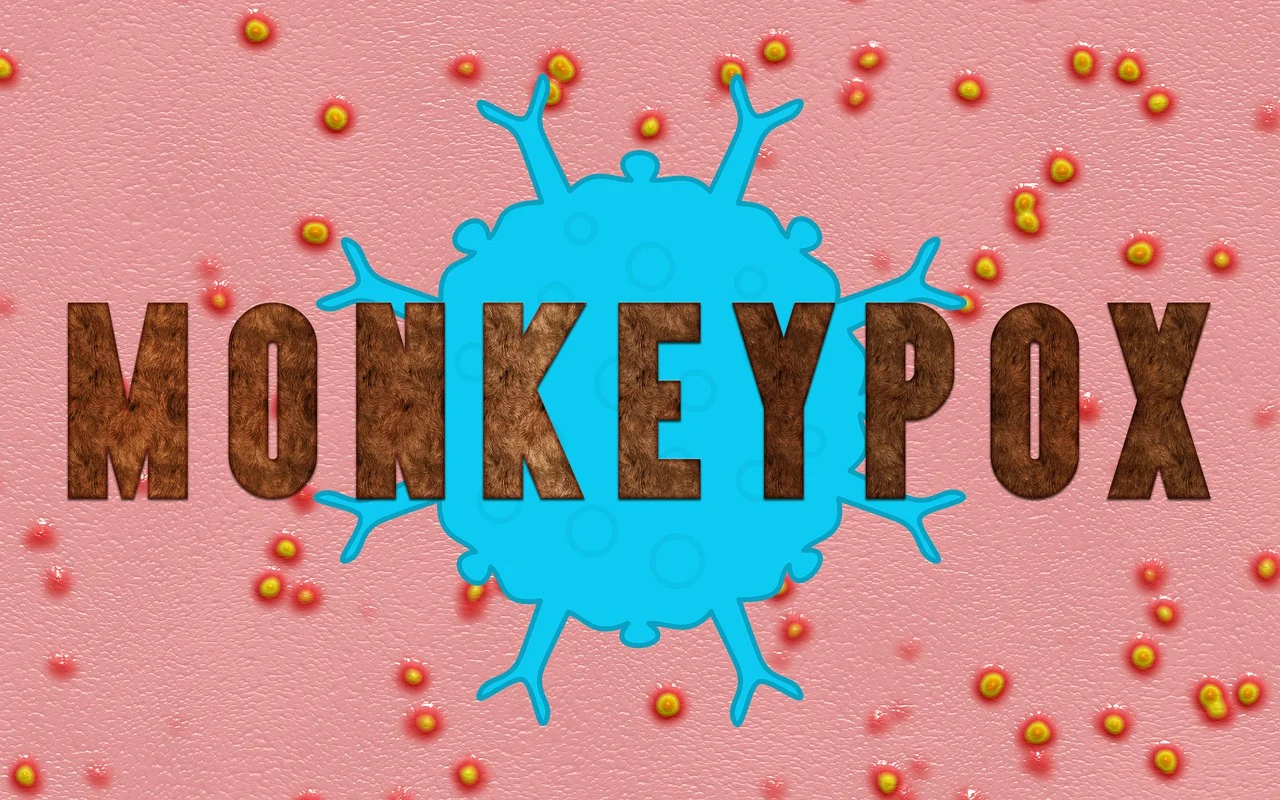By: Surjit Singh Flora

(Samajweekly) In light of the growing number of concerns about monkeypox, it is essential to be well-prepared and to take preventative steps in order to successfully manage the issue. The uncommon viral illness known as monkeypox, which is comparable to smallpox but often less severe, has lately been causing concern due to the fact that its prevalence has been increasing in a number of different countries.
In order to effectively manage any possible epidemics, it is essential for people, healthcare systems, and governments to put in place adequate preparations. Early detection and containment are the primary priorities of the health agencies. Improving surveillance systems to quickly detect and isolate instances is a necessary step in this process.
Educating populations about the signs of monkeypox, which include fever, rash, and enlarged lymph nodes, as well as the need to obtain medical assistance as soon as possible, is the focus of public health initiatives. Avoiding contact with sick people or animals and practicing proper hygiene are two of the most important things to do.
What spreads mpox? Ortho poxvirus monkeypox causes mpox. Clade I and II, which are subdivided into II and IIb, make up monkeypox viruses. Clade I is more severe and fatal than clade II. Prior to 2022, mpox was most often spread from animals to people, although seldom via personal contact. A worldwide epidemic of mpox (clade IIb) began in 2022 outside of Africa. Infection has transmitted mostly via sexual contact between men who have sex with men (MSM). across late fall 2023, clade I expanded across central Africa, mostly in the Democratic Republic of Congo, in addition to globally. Infected people usually spread the infection via close contact. Sexual or intimate skin contact with an infected individual is very risky.
The indirect dissemination of mpox via bedding, towels, and sex toys has been rarer. Because the virus might be in the respiratory system, respiratory illness cannot be ruled out. Family members have acquired the illness without sexual interaction. The virus may also pass from mother to baby after delivery. Semen and vaginal fluids contain monkeypox virus in mpox patients. Medical and laboratory workers seldom get monkeypox virus. In the 2022 worldwide mpox epidemic, just one hospital case was documented following knife wounds. Incubation periods range from 6 to 13 days but may be as long as 21 days.
Should we worry about monkeypox?
Even though there are fewer cases than would be necessary to cause a pandemic, and even though the outbreak is primarily occurring within a population that has close body contact (men who have sex with men), we need to take it seriously and avoid making the same kinds of mistakes that we did with AIDS, which was more of a topic of ridicule than serious science due to the fact that it primarily affected gay men. In addition, the analogy with AIDS is useful when we take into consideration the rapidity with which that illness spread to communities other than homosexual males. The pattern of transmission of monkey pox is less of a concern than the patterns of transmission of AIDS; nonetheless, we are yet unsure as to whether, similar to the majority of viral infections, it may discover simpler ways to enter people in order to cause more sickness.
The best ways to prevent monkeypox infection are:
Vaccination In order to prevent monkeypox, the Jynneos vaccine has been authorized for use. This vaccine has the potential to provide protection, particularly when it is taken before to exposure.
When someone has a rash that looks like monkeypox, it is important to avoid coming into close, skin-to-skin contact with them. One must refrain from engaging in close physical contact with an infected individual, as well as from sharing beds, towels, or clothes with that individual.
It is important to maintain proper hand hygiene by often washing one’s hands with soap and water or by using a hand sanitizer that contains alcohol.
Staying away from animals that are capable of transmitting the virus, such as rats, is essential.
It is important to keep the surroundings clean and disinfected. The monkeypox virus is able to persist on surfaces; thus, it is essential to clean and disinfect surfaces on a regular basis.
If you acquire a new rash, lesions, or other symptoms that are often associated with monkeypox, you should seek medical attention as soon as possible. An early diagnosis and subsequent isolation may be helpful in preventing the virus from spreading further.
These preventative actions have the potential to greatly lower the risk of developing monkeypox as well as the chance of transferring the disease. Those who are at a greater risk of exposure should get vaccinations more often than others.
How contagious is monkeypox? How does it spread?
Viral transmission of monkeypox occurs via prolonged and direct physical contact. Watch out for this. Individuals who are LGBT and have several sexual partners account for 96% of all reported infections. Males account for 99 percent of all infections.
Specifically, that homosexual guys who are in serious relationships do not need to be concerned about anything. There is no good reason for heterosexuals to be concerned. Only guys who follow a certain lifestyle are susceptible to contracting the diseases.
It is not very difficult to spread monkeypox. It does not become airborne. Even males who are considered to be in the highest risk category might be considered to be reasonably safe as long as they use condoms, wash their hands, and maintain proper personal hygiene.
In a nutshell, monkeypox is not a fatal disease and is not very infectious. It is also preventable by following measures that are straightforward and easy to understand. There is no cause for concern.
Hospitals and clinics are now undergoing the process of acquiring the required resources to manage cases of monkeypox. These resources include isolation facilities and protective gear for healthcare professionals. Staff members in the medical field get training on how to identify symptoms and how to adopt proper infection control measures. They also need to give priority to the development of diagnostic tools and vaccinations in order to guarantee prompt and efficient responses to any possible instances. We also strongly advise communities to follow the suggested measures and report any suspicious symptoms.
Working together with community leaders and organizations is crucial in spreading reliable information and countering false information. International health bodies and governments must collaborate to monitor the global situation and share effective techniques.










